
-
Phone: 0086-15858860365
-
Email: sales1@nswvalve.com
-
Phone: 0086-15858860365
-
Email: sales1@nswvalve.com
News
-
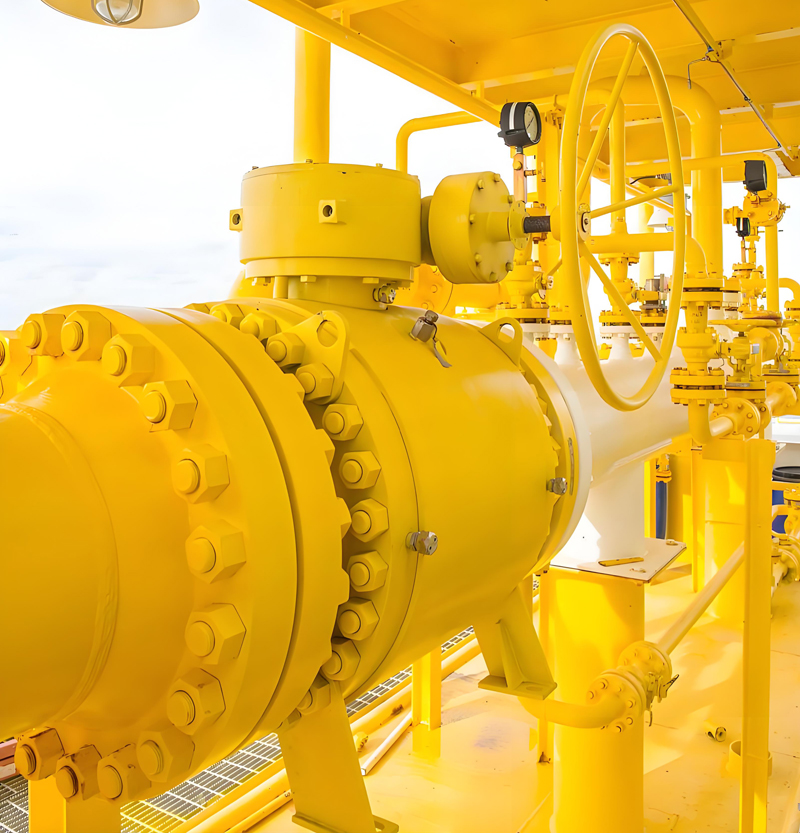
Gas Ball Valve: The Ultimate Guide for Gas Shut-Off Applications
Introduction to Gas Ball Valves In the world of fluid and gas control, selecting the right valve is paramount for ensuring safety, efficiency, and reliability in both industrial and residential systems. Among the various options, the Gas Ball Valve distinguishes itself through its robust performa...Read more -
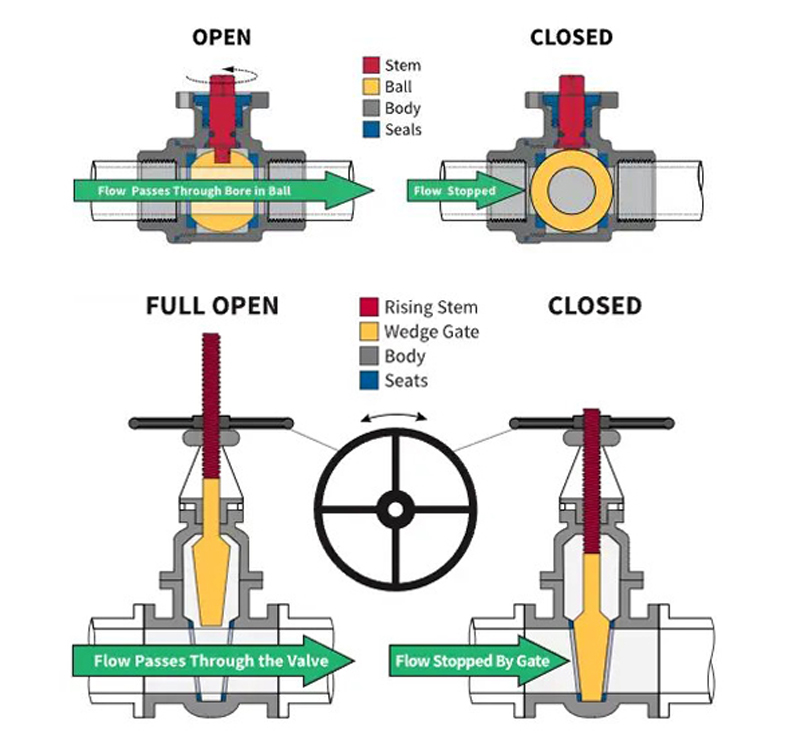
What is A Shut Off Valve: A Guide to Safeguarding Plumbing
A shut off valve is a critical component in piping systems designed to control the flow of liquids or gases. By opening, closing, or partially obstructing pathways, these valves ensure safety, regulate pressure, and prevent leaks. Whether in residential plumbing, industrial processes, or oil and ...Read more -
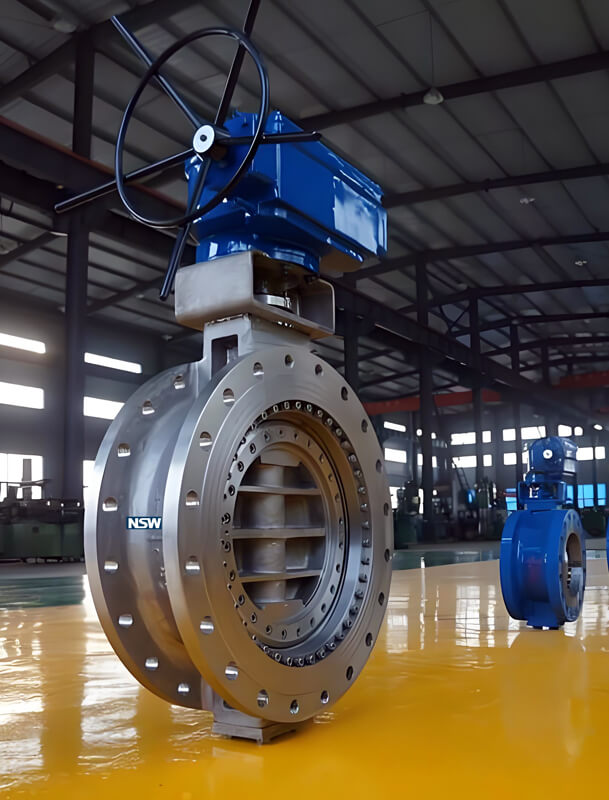
Butterfly Valve Symbol: Understanding Valve Symbols in P&ID Diagrams
Valve symbols are critical components of engineering schematics, especially in piping and instrumentation diagrams (P&ID). Among these symbols, the butterfly valve symbol stands out for its unique design and widespread industrial applications. This article explores the significance of the but...Read more -
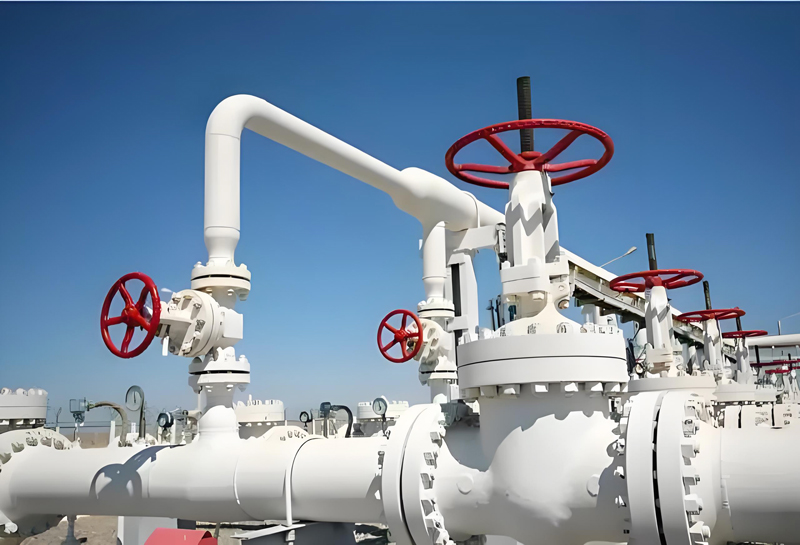
Gate Valve Parts: A Comprehensive Guide to Understanding Gate Valves
When it comes to industrial fluid control systems, gate valves are indispensable components. This article explores gate valve parts, their functions, symbols, and key considerations when selecting a gate valve manufacturer or supplier, particularly in China, where high-quality products at competi...Read more -
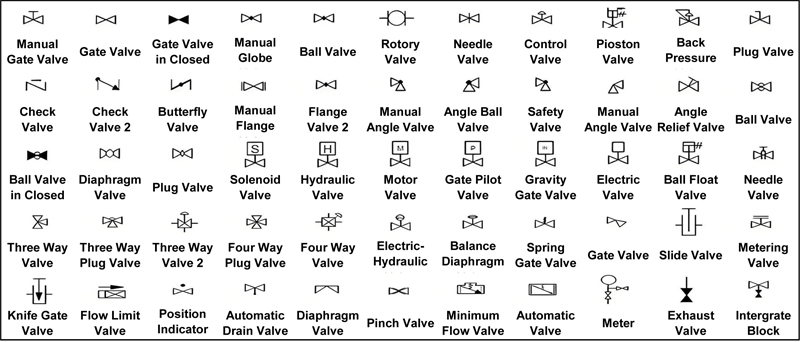
Gate Valve Symbols and Pipeline Instrumentation Diagrams
Gate Valve Symbols and Pipeline Instrumentation Diagrams: from Design to Manufacturing in China In industrial pipeline systems, valves are the core components that control fluid flow, and gate valves and check valves are one of the most common types. Whether it is design engineers, procure...Read more -
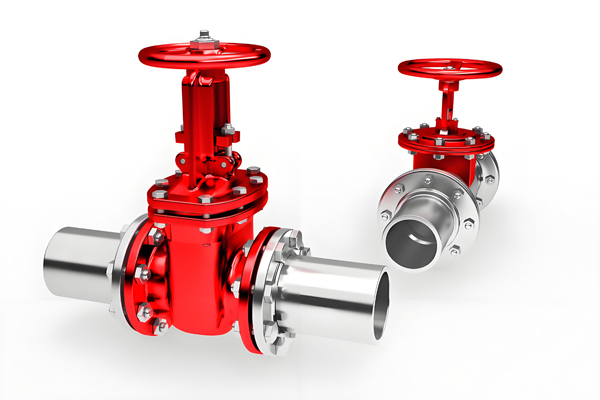
What is A GATE VALVE: Understanding and Application Guide
Gate Valves: Essential Shut-Off Solutions for Industrial Systems Gate Valves are critical shut-off devices in fluid control systems. By raising or lowering a gate plate, they enable precise flow regulation with minimal resistance. Known for their robust sealing, simple design, and low fluid frict...Read more -
What is A OS and Y Gate Valve
OS and Y Gate Valve full name is Rising stem gate valve, it is a type of gate valve, which is characterized by the stem nut located on the valve cover or bracket. When opening and closing the gate plate, the stem nut is rotated to achieve the lifting and lowering of the stem. This structure is co...Read more -
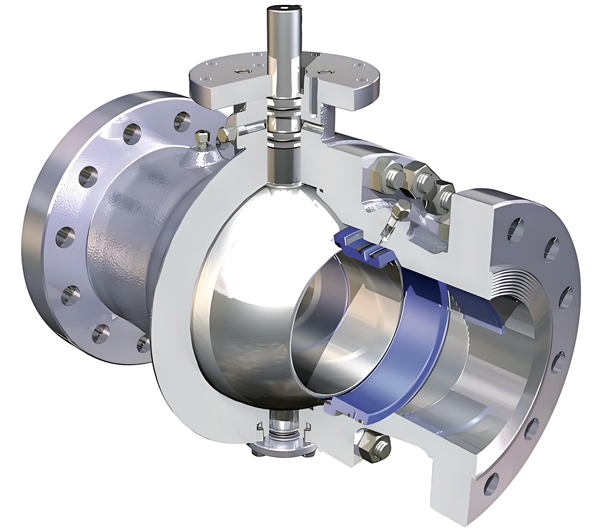
What is A Full Port Ball Valve: Design and Calculations.
Full Port Ball Valves: Design Principles, Calculations, and Industrial Applications Ball valve flow channel diameter is a critical performance factor. For full port ball valves, this dimension dictates flow efficiency, pressure loss, and suitability for high-demand industries. Here’s how to engin...Read more -
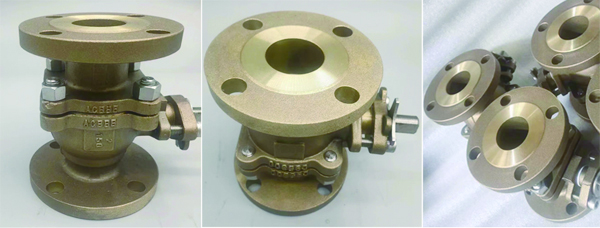
Understanding Bronze API 6D Ball Valves
Understanding Bronze API 6D Ball Valves: A Comprehensive Guide In the world of industrial valves, bronze API 6D ball valves are a reliable and efficient choice for a wide range of applications. This article delves into the complexities of bronze API 6D ball valves, exploring their characteristics...Read more -
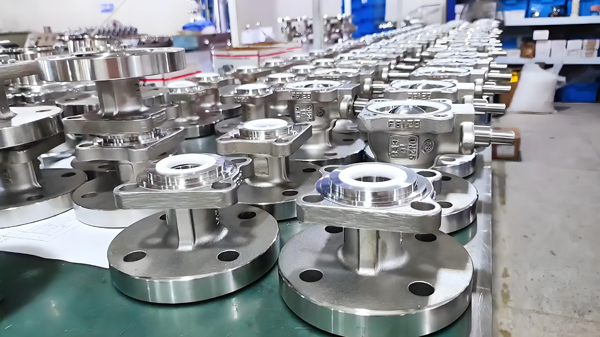
How to Make a 4 Inch Ball Valve: A Comprehensive Guide
Ball valves are essential components in a variety of industrial applications, providing reliable flow control in pipelines. Among the different types of ball valves, electric ball valves and pneumatic ball valves are particularly popular due to their automation capabilities. In this article, we w...Read more -
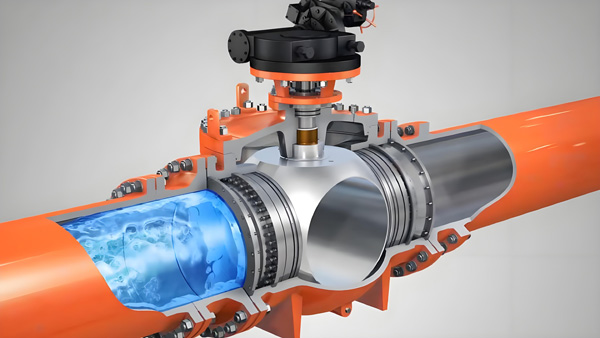
what are the pipeline valves: ball/gate/check/globe valves
Pipeline Valves play a vital role in pipeline systems. They are of various types and have different functions. In daily work, we often hear various valve names, which are sometimes even confusing. In order to help everyone better understand valves, especially those common types, I decided to comp...Read more -
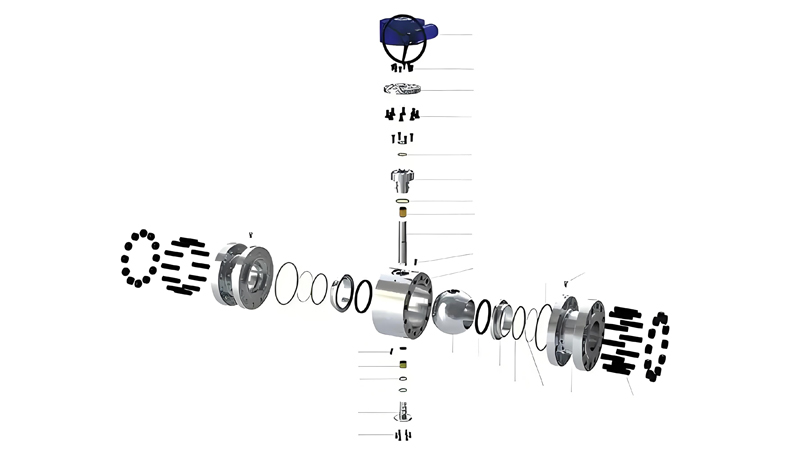
What is a Ball Valve: Operation and Use Instructions
Ball Valve, a valve whose opening and closing parts (ball) are driven by the valve stem and rotate around the axis of the ball valve. The hard-sealed V-type ball valve has a strong shear force between its V-type ball core and the metal valve seat welded with hard alloy, which is particularly suit...Read more -
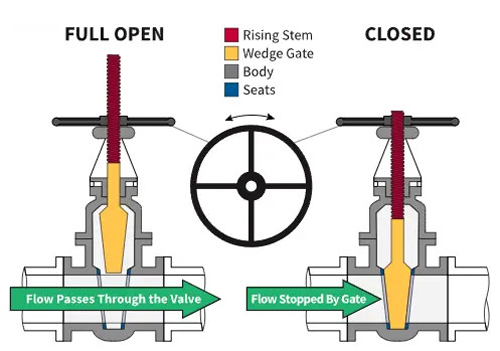
What is the Difference Between Ball Valve and Gate Valve
Ball Valve vs Gate Valve: Understanding the Key Differences for Optimal Selection Choosing the right valve is critical for efficient fluid control in piping systems. Among the most prevalent options, ball valves and gate valves serve distinct purposes despite their shared function of regulating l...Read more -
Understanding Valves Ball Valves: A Comprehensive Guide
Introduce In the world of fluid control systems, valves play a vital role in regulating the flow of liquids and gases. Among the various types of valves, valve ball valves stand out for their efficiency, reliability, and versatility. This article delves into the complexity of valve ball valves an...Read more -
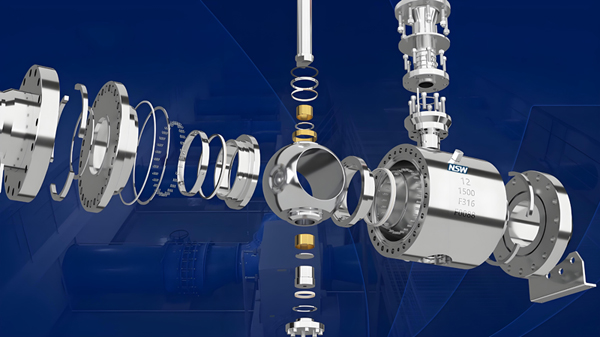
Trunnion vs Floating Ball Valve: Which One is Right for Your Application
There are significant differences between Trunnion ball valves and Floating ball valves in terms of structure, working principle, performance and application occasions. The following is a detailed comparison of the two: Structural Differences of Trunnion and Floating Ball Valve Tr...Read more -
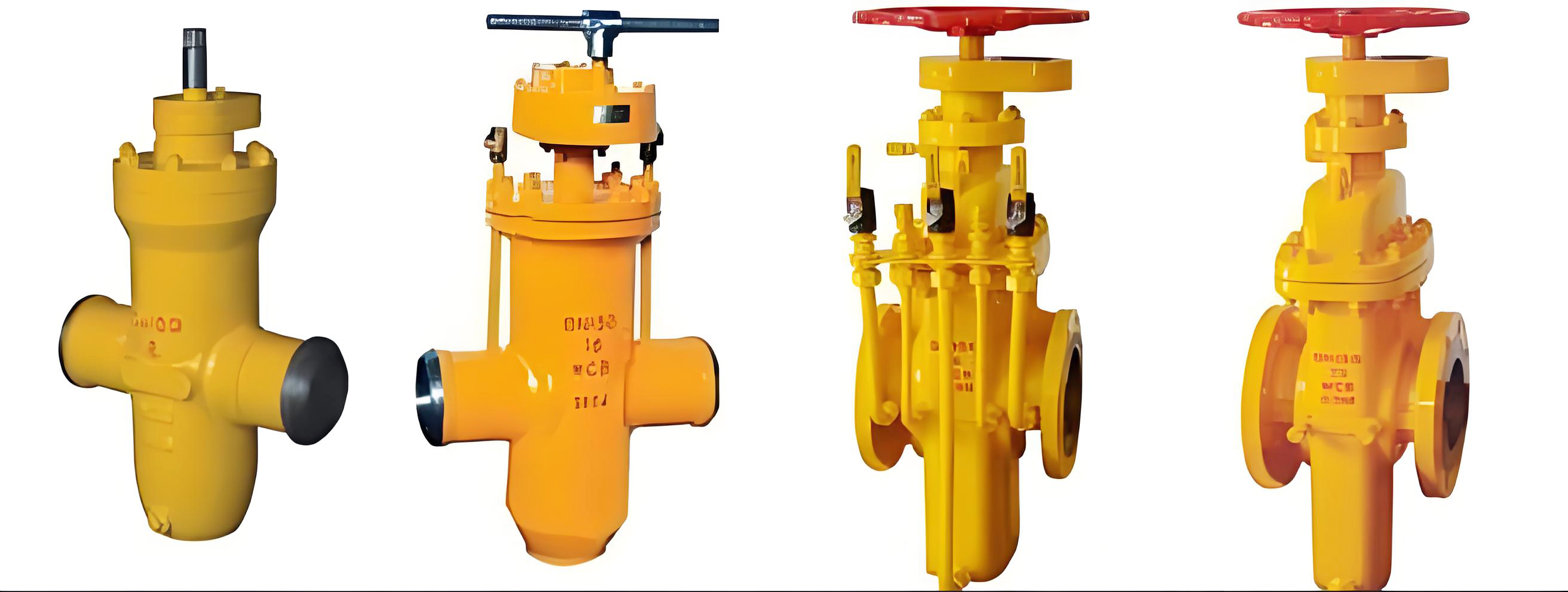
What are the gas valve types
There are many types of gas valves, which can be divided according to different classification methods. The following are some of the main types of gas valves: Classification by action mode Automatic Valve A valve that acts automatically by relying on the ability of the gas itself. For example: ...Read more -
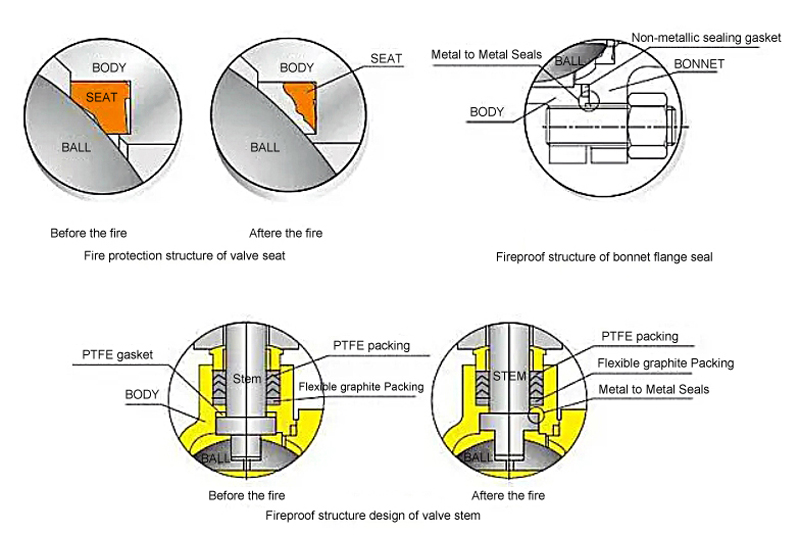
API 607 vs. API 608: Choosing the Right Ball Valve
Understanding the differences between the API 607 and API 608 standards is critical when choosing the right ball valve for your industrial application. These standards govern the performance, safety, and reliability of ball valves, which are essential components in a variety of piping systems. ...Read more -
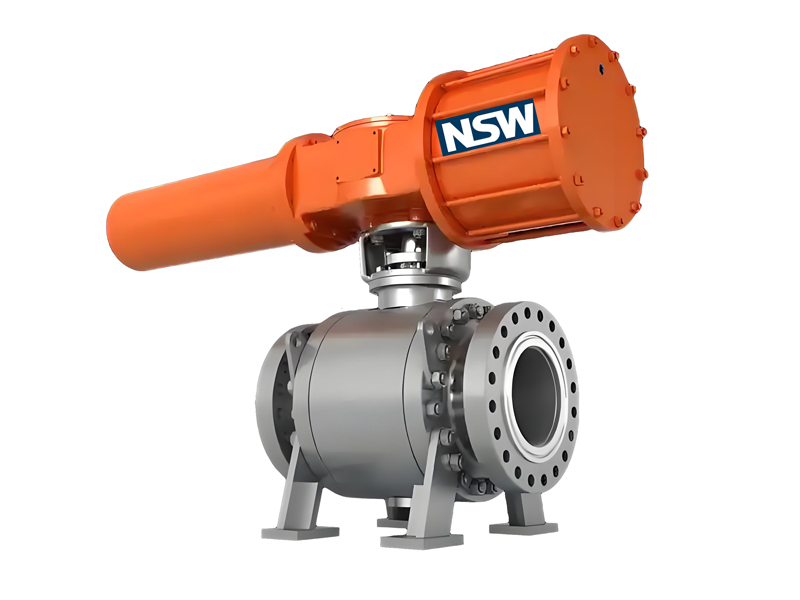
What is Pneumatic Operated Ball Valve
Understanding Pneumatic Ball Valves: A Comprehensive Guide for Plants In the world of industrial automation, the importance of fluid control cannot be overstated. One of the key components of this control is the pneumatic ball valve. This blog will take a deep dive into the intricacies of pneumat...Read more





